Metabolism of Carbohydrates Carbohydrates are broken down into simple sugars during digestion and are transported all throughout the body through the circulatory system The digestion of carbohydrates starts in the mouth with the action of the enzyme called salivary amylaseCarbohydrates are broken down by the body into glucose, which can be absorbed into the bloodstream Once absorbed, glucose molecules travel inSucrase breaks sucrose into glucose and fructose molecules Maltase breaks the bond between the two glucose units of maltose, and lactase breaks the bond between galactose and glucose Once carbohydrates are chemically broken down into single sugar units they are then transported into the inside of intestinal cells

What Are Macronutrients Healthy Outcome For Teens
Do all carbs break down into sugar
Do all carbs break down into sugar- HiGI carbs are simple (as opposed to complex carbs) that spike your blood sugar more quickly than complex carbs that take longer to break down A 13 study by Harvard researcher David Ludwig, found that even when people don't know what they're eating, people who consumed highGI carbs had greater activation of opiate and dopamine receptors in the cravingHowever, it requires more process than the breakdown of simple sugar like fructose When you eat foods like toast or mashed potato, the saliva starts acting on it in the mouth The starch is broken down into maltose




do Fact Why Protein Is Better Than Carbohydrates Often In A Typical Singaporean Meal We Consume At Least Approx 60 70 Carbohydrates Carbohydrates Breaks Down Easily Into Sugar And
Once complex starch molecules are broken down into glucose, THEN they enter your bloodstream through the intestine So even though the digestive process of simple and complex carbohydrates differs, the end result is the same SUGAR Glucose & Glycogen Glucose is simply sugar Glycogen is the term for STORED SUGARCarbohydratecontaining foods also provide important nutrients for good health All the carbohydrates you eat and drink are broken down into glucose The type, and amount, you consume can make a difference to your blood glucose levels and diabetes management Can not eating enough carbs cause high blood Carbohydrates play an important role in the human body They act as an energy source, help control blood glucose and insulin metabolism, participate in cholesterol and triglyceride metabolism, and help with fermentation The digestive tract begins to break down carbohydrates into glucose, which is used for energy, upon consumption
28 November, 18 A powderedsugar doughnut and a chewy, wholegrain baguette are both carbohydrates, but they are broken down differently by the body Carbohydrates fall into three basic categories sugars, starches and cellulose Simple sugars, or monosaccharies such as might be found in your doughnut are digested very quickly Carbohydrates are the nutrients in food that are broken down into glucose, a source of fuel for the body Carbohydrate containing foods can be divided into the following categories Foods high in complex or less processed starchy carbohydrates which tend to break down into glucose more slowly (eg wholegrain bread, wholegrain rice)Simple carbohydrates Various forms of sugar, such as fructose (fruit sugar) and sucrose (table sugar), are simple carbohydrates They are small molecules, so they can be broken down and absorbed by the body quickly and are the quickest source of energy They quickly increase the level of blood glucose (blood sugar)
High blood sugar levels can have an result on your body s circulatory system as well, Dr Hatipoglu says, impairing blood move and the body s capability to heal itself Sores that take a while to heal, typically on the feet, are a standard signal of Carbohydrates Are Broken Down Into Blood Sugar Or this decreased circulation, in accordance with the Mayo Clinic And most people withFiber Fiber is a type of carbohydrate that the body can't digest Though most carbohydrates are broken down into sugar molecules, fiber cannot be broken down into sugar molecules, and instead it passes through the body undigested Fiber helps regulate the body's use of sugars, helping to keep hunger and blood sugar in check Glucose Complex carbs get broken down into glucose;
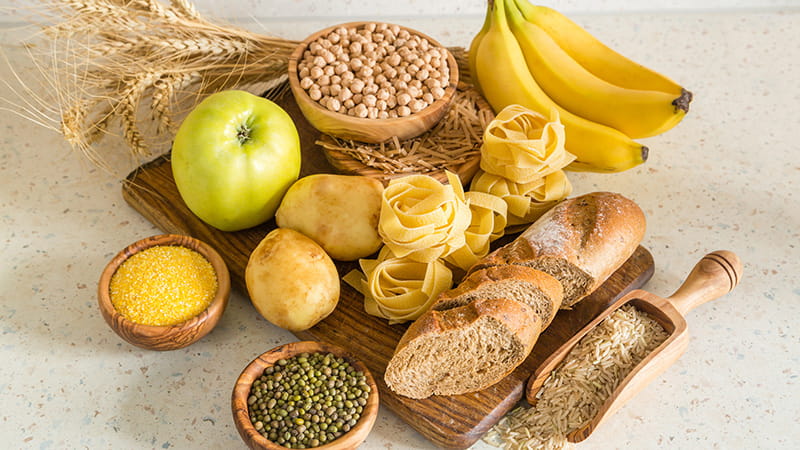



Carbohydrates American Heart Association
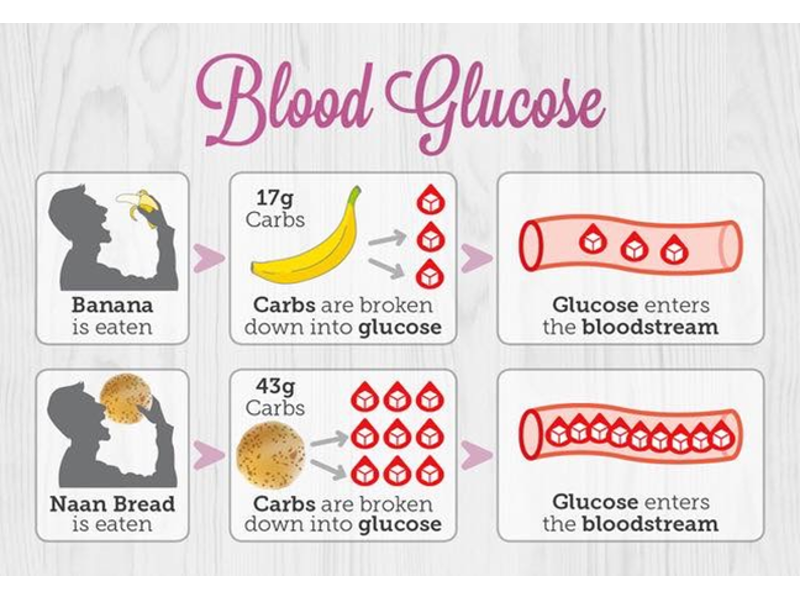



Understanding Carbohydrates Know Diabetes
When you eat carbs, your body breaks them down into simple sugars, which are absorbed into the bloodstream As the sugar level rises in your body, the pancreas releases a hormone called insulin Insulin is needed to move sugar from the blood into the cells, where the sugar can be used as an energy sourceCarbohydrates not used for energy or glycogen storage are converted to fat Glycaemic index The speed at which the carbohydrates in a food are digested to glucose is called the food's glycaemic index (GI) value Low GI foods are broken down slowly The glucose, or energy, from their carbohydrates is released into the blood over several hoursCarbohydrates, proteins, and fats are digested in the intestine, where they are broken down into their basic units Carbohydrates into sugars Proteins into




Digestion Of Carbohydrates Ppt Download



2
The three types of carbohydrates are sugar, starch and fiber During the digestive process, both sugars and starches are turned into the sugars that the body uses for energy People lack the Macronutrients are the essential molecules that provide dietary energy to the body They can be broken down into the following three nutrients Carbohydrate Starch and sugars fall into the category of carbohydrates Starch and sugars are made up of building blocks called monosaccharides (a monosaccharide is typically a single sugar unit) Carbohydrates, proteins, and fats are digested in the intestine, where they are broken down into their basic units Carbohydrates into sugars Proteins into amino acids Fats into fatty acids and glycerol The body uses these basic units to build substances it needs for growth, maintenance, and activity (including other carbohydrates, proteins, and fats)




Carbs Turn To Sugar And Sugar Is Bad Viewer Q A Youtube



Digestion And Absorption Of Carbohydrates Human Nutrition Deprecated
Carbohydrates require a prolonged process of digestion in order to be broken down into glucose and help maintain proper blood sugar levels Complex carbohydrates do not take long to digest and cause blood sugar levels to rise quicklyAll of this gives the small intestine a huge surface area for absorption) Figure 413 Digestion and absorption of carbohydrates in the small intestine Fructose and galactose are converted to glucose in the liver Once absorbed carbohydrates pass through the liver, glucose is the main form of carbohydrate circulating in the bloodstream Carbohydrates are broken down into simple sugars that are used by the body for energy As carbohydrates are eaten, the digestive tract breaks them down into monosaccharide units, or glucose The glucose enters the bloodstream and travels first to the brain, which runs entirely on energy from glucose



1




Which Foods Affect My Blood Sugar 18 Mydario Com
Complex carbohydrates consist of long sugar chains that are harder to break down and take longer to digest They are found in whole foods, which are also high in fiber and nutrients, meaning they have added nutritional benefits and can make us feel fuller for longer Don't just cut carbs from your diet Are carbohydrates good for blood sugar? The digestive tract begins to break down carbohydrates into glucose, which is used for energy, upon consumption Any extra glucose in the bloodstream is stored in the liver and muscle tissue until further energy is needed Carbohydrates is an umbrella term that encompasses sugar, fruits, vegetables, fibers, and legumes




Carbohydrates In Pet Food Pfma
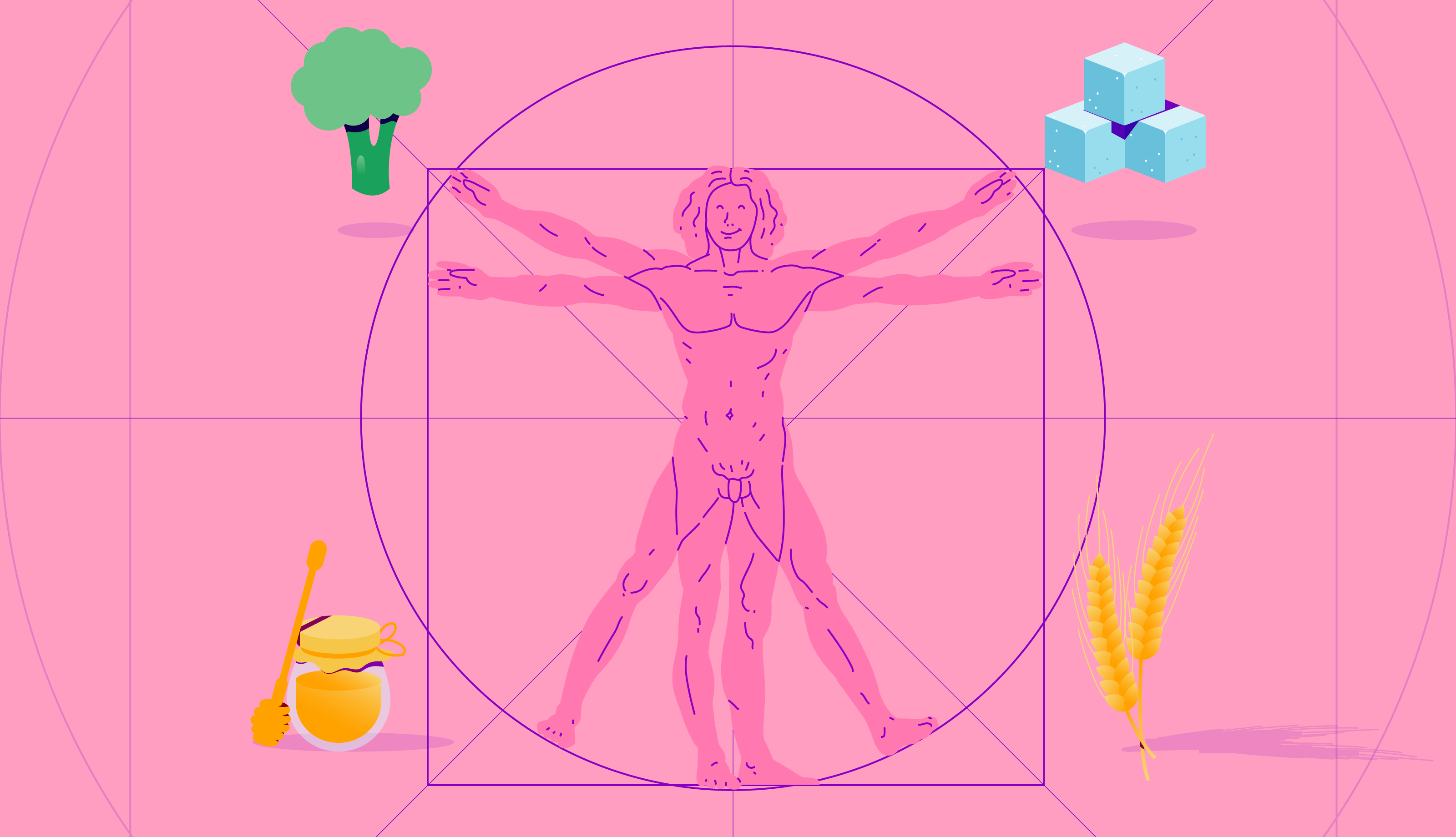



Carbs Vs Sugar What S The Difference And Why It Matters
Similarly, the disaccharides sucrose, lactose, and maltose are also broken down into single units by specific enzymes (See table below) (3, 4) Absorption of Carbohydrates The end products of sugars and starches digestion are the monosaccharides glucose, When you eat carbohydrates in the form of sugar or starches, your body's goal, as noted by the Cleveland Clinic, is to break them down into the simple sugar, glucose, which it can use for energy The carbohydrates aren't really converted into glucose — they already contain the sugar in a more complex packageThe liver doesn't break down alcohol into sugar In fact, most people have a dip in their blood sugar (glucose) levels when drinking alcohol Alcohol is eventually broken down by the liver breaks down alcohol into carbon dioxide and water It simply doesn't create any sugar Nonalcohol beers don't contain lower carbs than regular beers
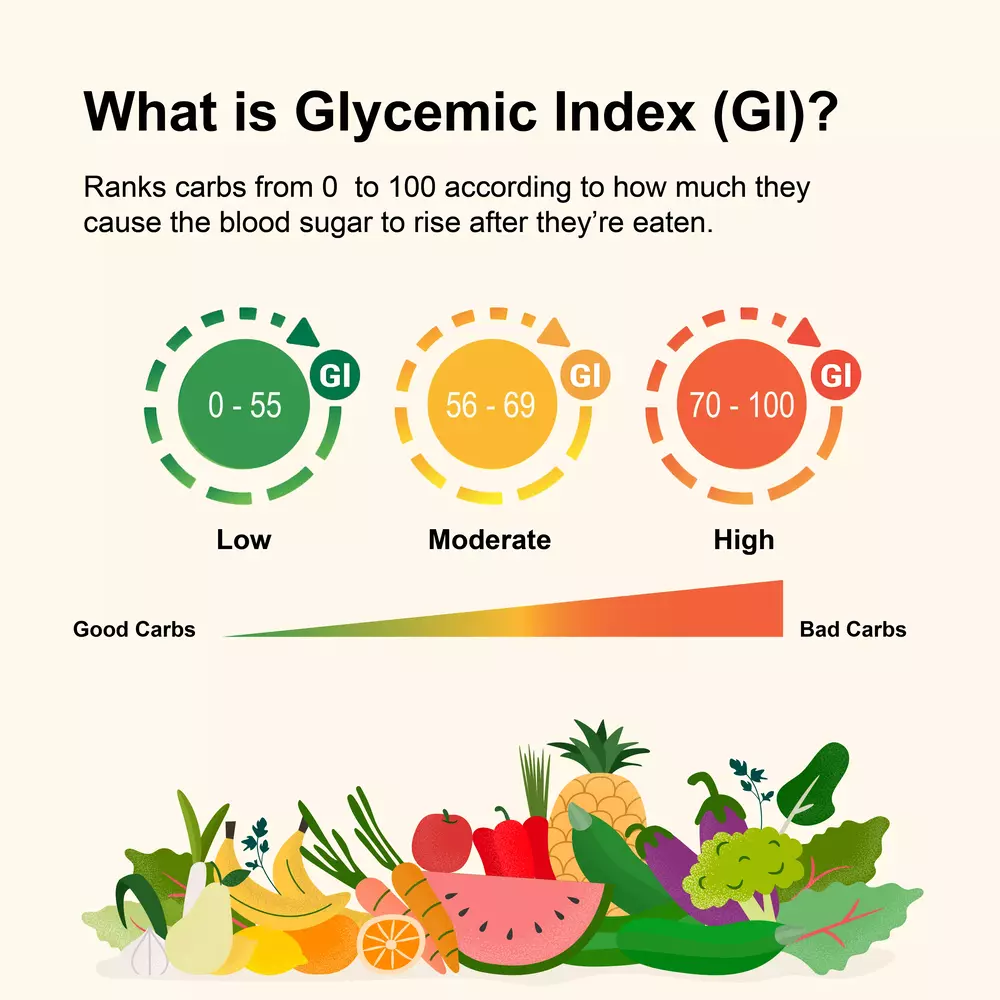



Discover The Good And Bad Of Carbohydrate




Carbohydrates And Blood Sugar The Nutrition Source Harvard T H Chan School Of Public Health
During digestion, carbohydrates are broken down into simple, soluble sugars that can be transported across the intestinal wall into the circulatory system to be transported throughout the body Carbohydrate digestion begins in the mouth with the action of salivary amylase on starches and ends with monosaccharides being absorbed across the epithelium of the small intestineWhen people eat a food containing carbohydrates, the digestive system breaks down the digestible ones into sugar, which enters the blood As blood sugar levels rise, the pancreas produces insulin, a hormone that prompts cells to absorb blood sugar for energy or storage As cells absorb blood sugar, levels in the bloodstream begin to fall Heres the deal Both simple and complex carbohydrates break down into glucose (aka blood sugar) A simple carb is one thats comprised of one or two sugar molecules, while a complex carb contains three or more sugar molecules Fiber, on the other hand, is found in healthy carbs, but isnt digested or broken down




Why Carbohydrates Are Important For Your Diet Everyday Health




Carbohydrates And The Glycaemic Index Baker Idi
Fiber helps slow down sugar absorption A diet with plenty of fiber can help people with diabetes keep blood sugar levels in a healthy range The fiber in foods helps carbs break into sugar slower So there's less of a peak when blood sugar spikes Good sources are whole fruits and vegetables, nuts and seeds, and whole grains Carbohydrates, proteins, and fats are digested in the intestine, where they are broken down into their basic units Carbohydrates into sugars Proteins into amino acids Fats into fatty acids and glycerol They are complex carbohydrates, which are made of lots of simple sugars strung together Your body needs to break starches down into sugars to use them for energy Starches include bread, cereal, and pasta They also include certain vegetables, like potatoes, peas, and corn Fiber It is also a complex carbohydrate




Chemical Digestion And Absorption A Closer Look Anatomy And Physiology Ii
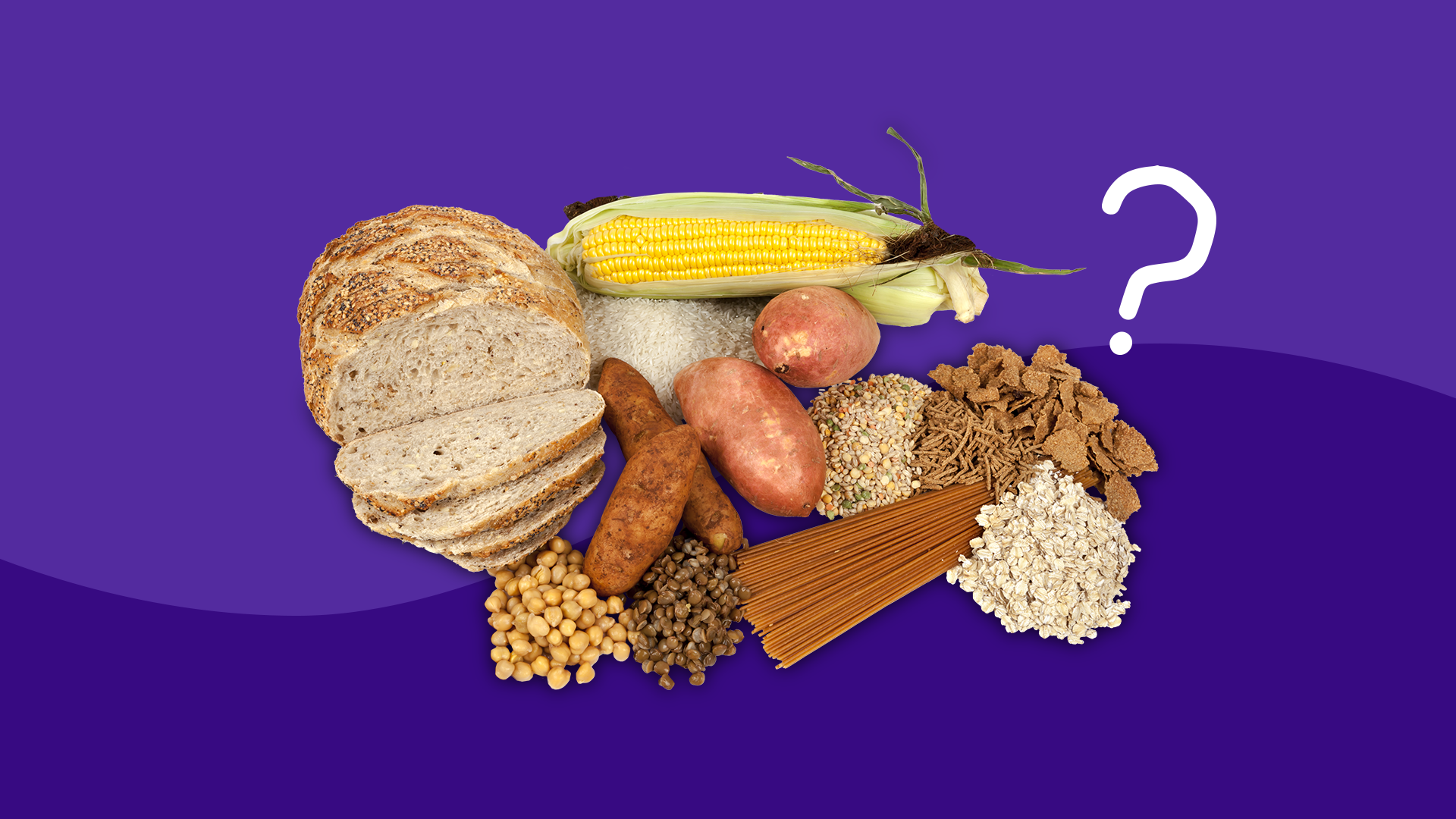



What Are Carbs Everything You Need To Know About Carbohydrates
Dietary carbohydrates can be split into three main categories Sugars Sweet, shortchain carbohydrates found in foods Examples are glucose, fructose, galactose and sucrose Starches Long chains of glucose molecules, which eventually get broken down into glucose in the digestive system When you eat carbs, your body breaks them down into simple sugars, which are absorbed into the bloodstream As the sugar level rises in your body, the pancreas releases a hormone called insulin Insulin is needed to move sugar from the blood into the cells, where the sugar can be used as a source of energy Carbohydrates give the body energy to go about your day's mental and physical tasks Digesting or metabolizing carbohydrates breaks foods down into sugars, which are also called saccharides These




Why Do You Need Food Food Provides Your Body With Materials To Grow And Repair Tissues It Provides Energy For Everything You Do Your Body Breaks Down Ppt Video Online Download
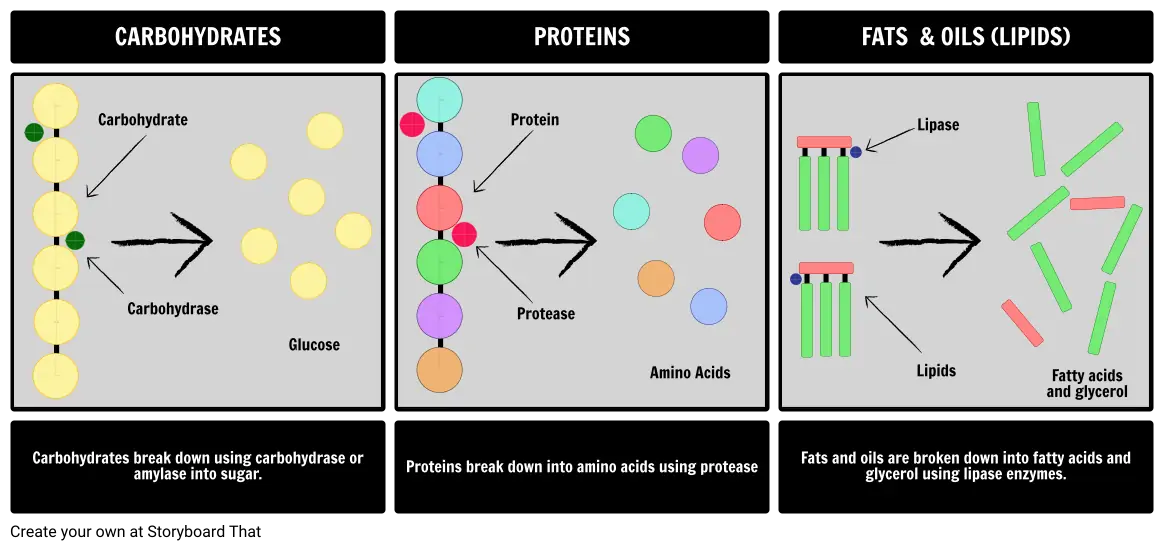



Illustrating Types Of Digestive Enzymes
Your digestive system breaks down carbs into glucose or blood sugar Your bloodstream absorbs glucose and uses it as energy to fuel your body The amount of carbs you consume affects blood sugar Taking in a lot of carbs can raise blood sugar levels High blood sugar (hyperglycemia) can put you at risk for diabetes Get smart on carbs When you eat or drink foods that have carbohydrate—also known as carbs—your body breaks those carbs down into glucose (a type of sugar), which then raises the level of glucose in your blood Your body uses that glucose for fuel to keep you going throughout the day This is what you probably know of as your "blood Carbohydrates come from nearly all foods in your diet and eventually break down into glucose You need glucose, the simplest form of carbohydrates, to provide energy to every cell in your body Because glucose is your body's main energy source, most of your calories need to come from carbohydrates




Carbohydrates Learning Targets 1 Ppt Video Online Download




Carbohydrate Structure And Metabolism An Overview Animation Youtube



15 3 Digestive System Processes Concepts Of Biology 1st Canadian Edition



What Do Carbohydrates Do




Carbohydrates Metabolism Assays Biovision Inc
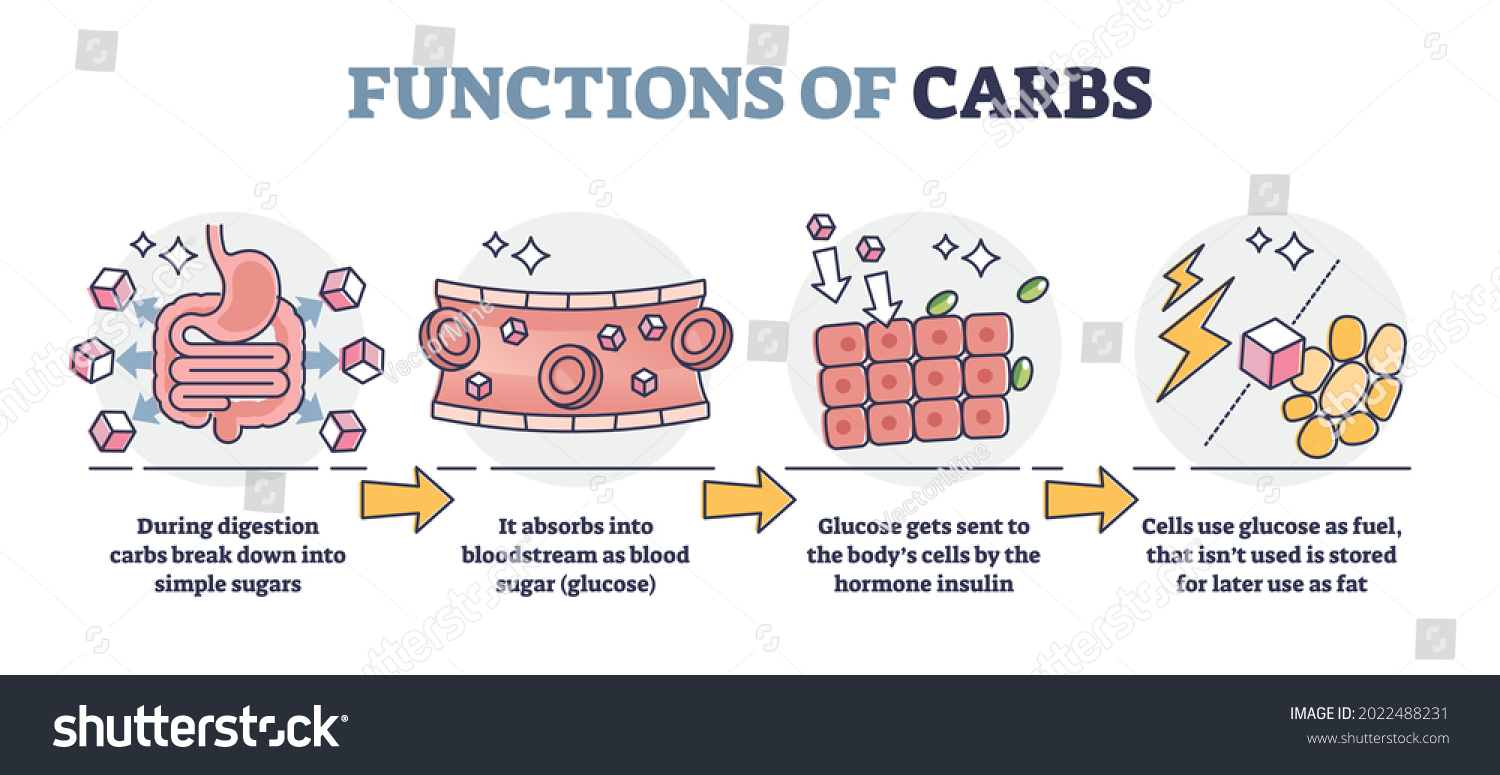



Functions Carbs Carbohydrates Digestive System Outline Stock Vector Royalty Free 2241




Carbohydrate Metabolism Wikipedia
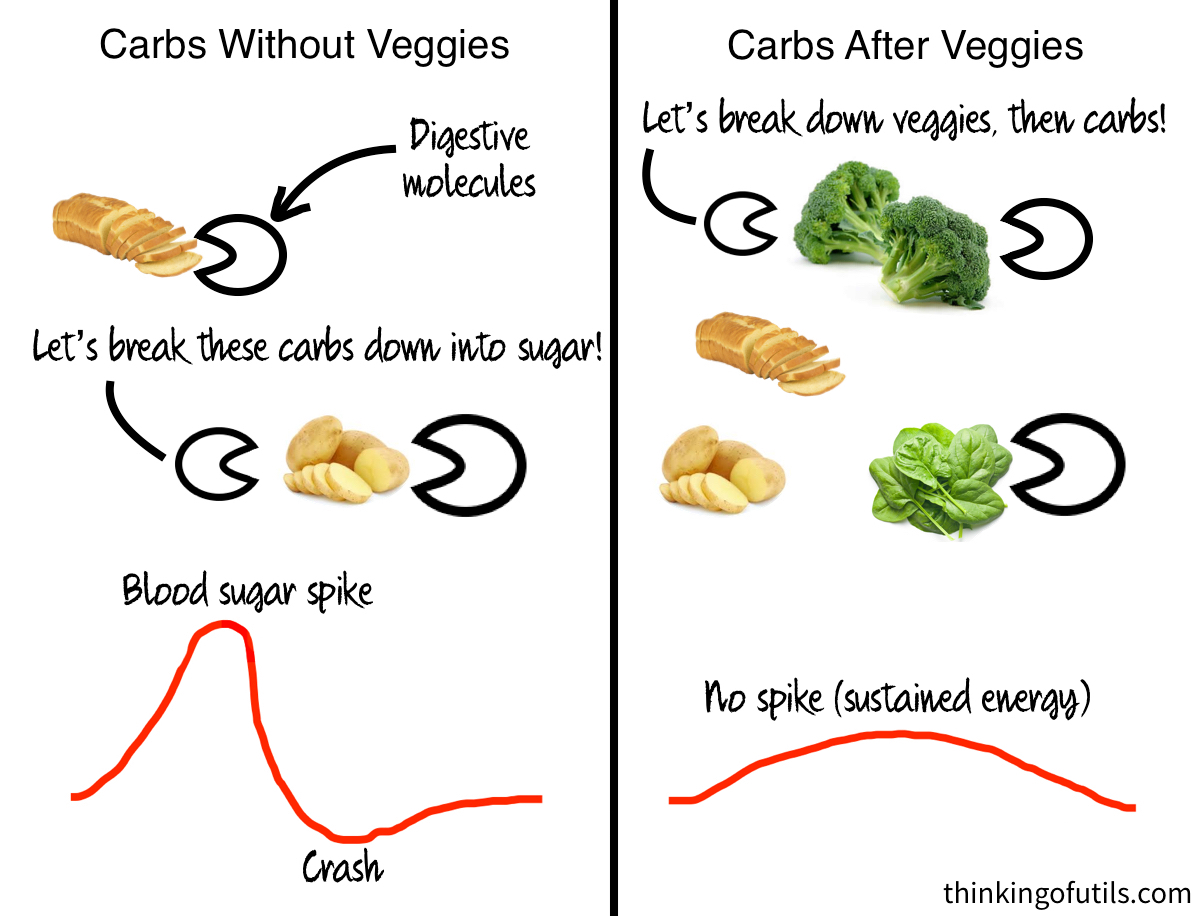



How To Lose Weight And Be Super Healthy With Nutrition Science And Psychology Thinking Of Utils




Carbohydrates Medlineplus




do Fact Why Protein Is Better Than Carbohydrates Often In A Typical Singaporean Meal We Consume At Least Approx 60 70 Carbohydrates Carbohydrates Breaks Down Easily Into Sugar And




Pin On Food Fitness Health Apparel
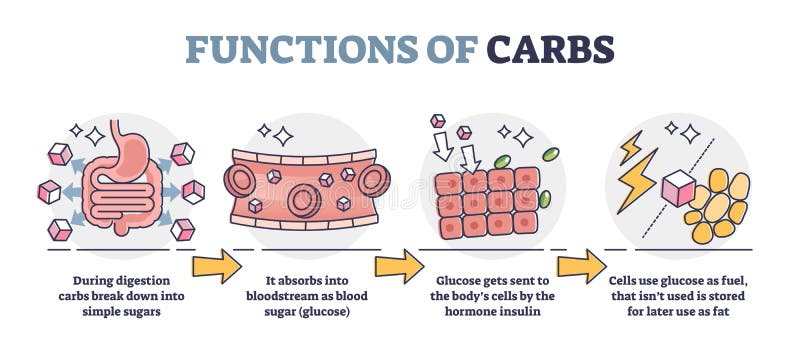



Functions Of Carbs And Carbohydrates In Digestive System Outline Diagram Stock Vector Illustration Of Protein Concept



Are Carbohydrates Same As Sugar Quora
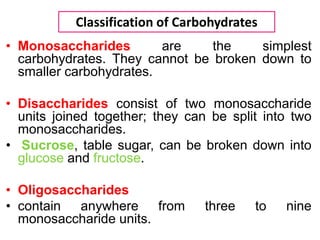



Carbohydrates



Digestion And Absorption Of Carbohydrates




The Sugar Association Our Bodies Breakdown The Carbohydrates We Eat Into Glucose To Be Used As Fuel Once In The Bloodstream Glucose Can Be Used Immediately For Energy Or Stored In
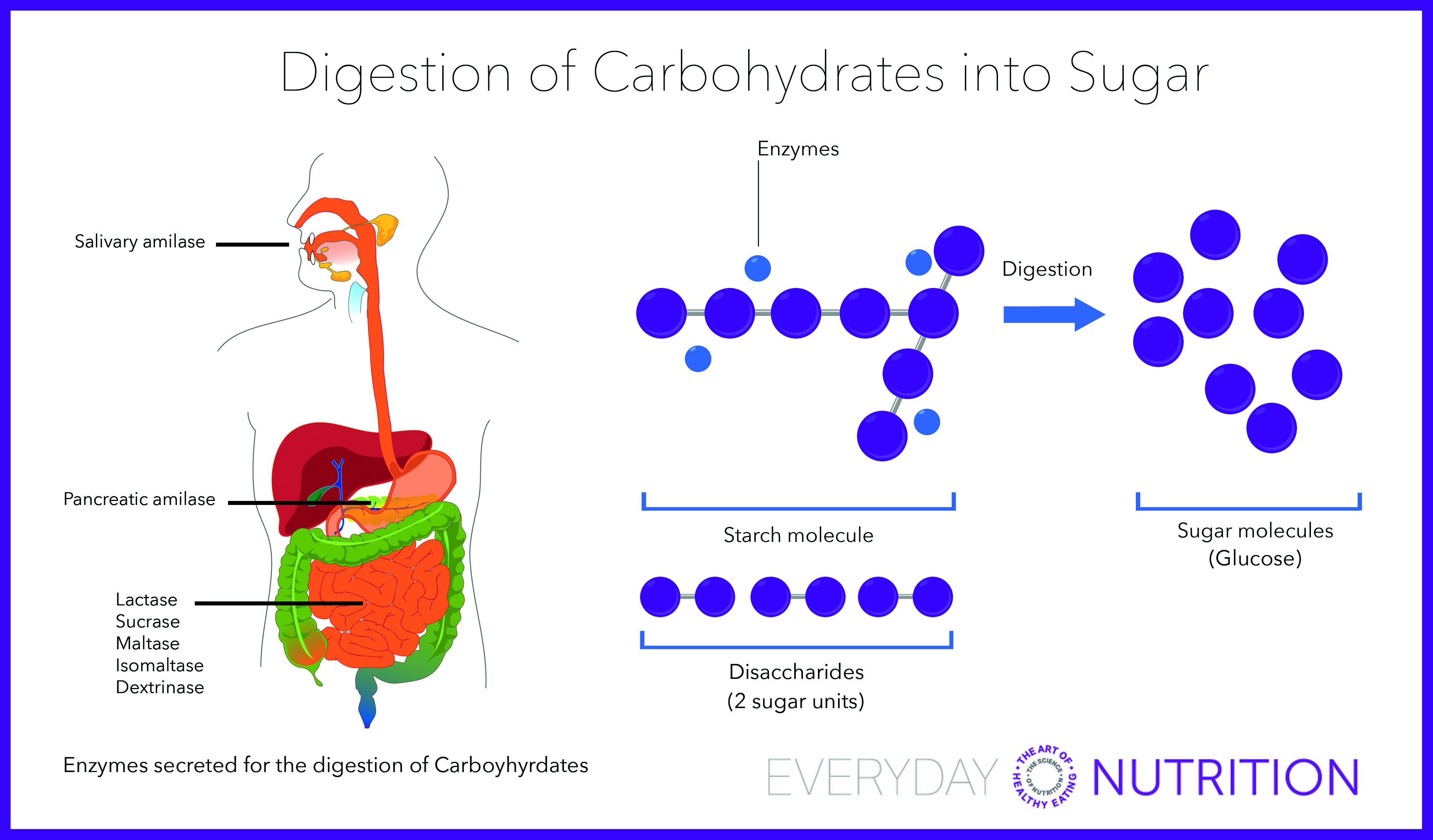



Everyday Nutrition The First Thing You Should Do For Your Health Better Energy And Weightloss
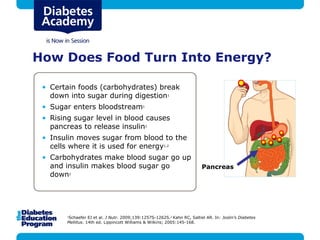



Diabetes Management 101
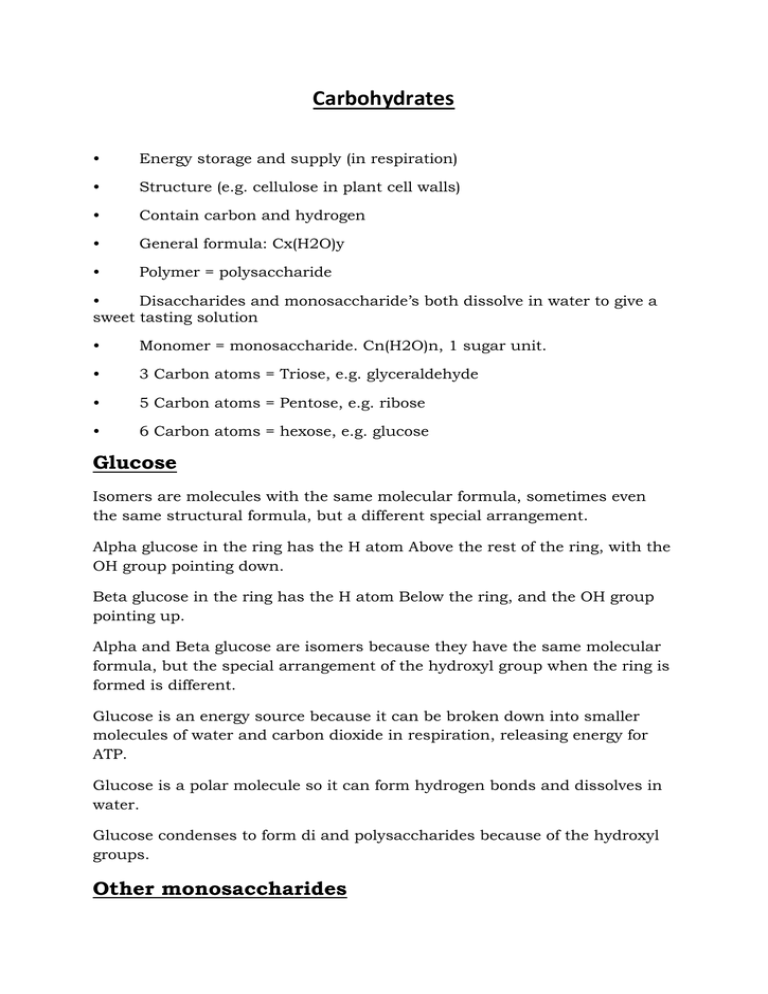



Carbohydrates A Level Notes
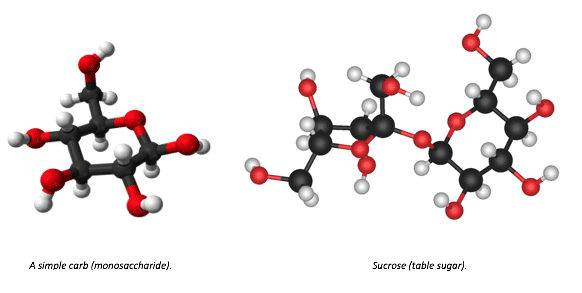



Carbohydrates Unbelievable Facts About Carbohydrates Blog Jake



1
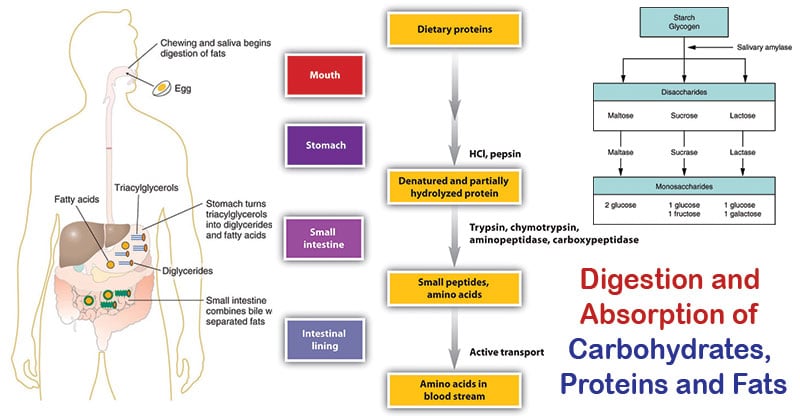



Digestion And Absorption Of Carbohydrates Proteins And Fats



Digestion And Absorption Of Carbohydrates Human Nutrition Deprecated
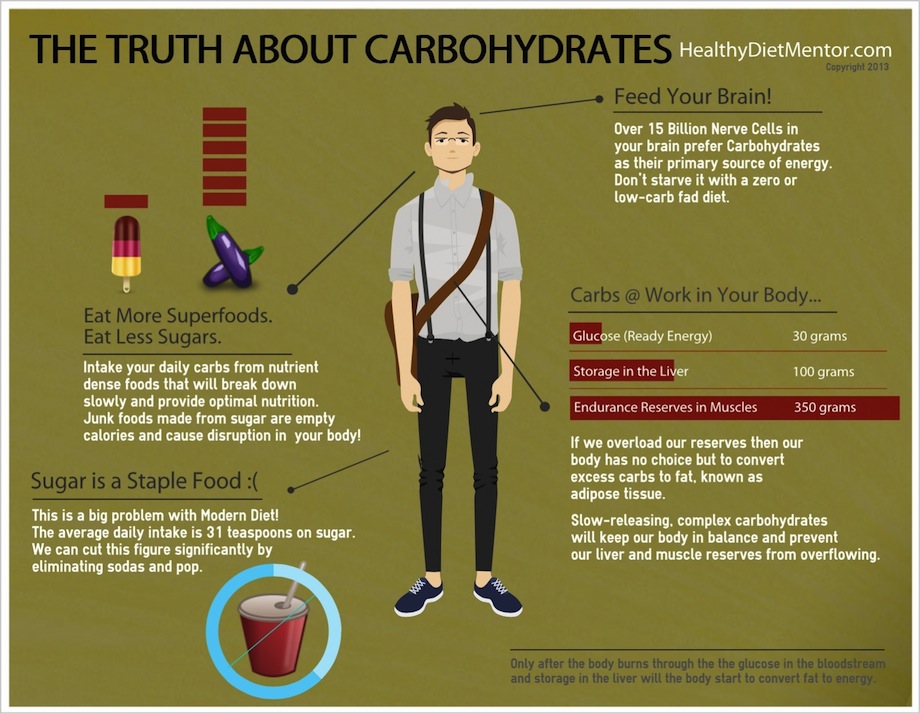



What Are Carbohydrates A Concise Guide




Digestive System Processes Biology For Majors Ii




3 3 Digestion And Absorption Of Carbohydrates Medicine Libretexts
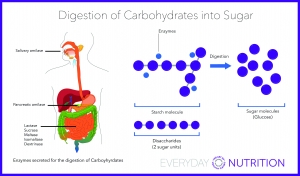



Everyday Nutrition Digestion Of Carbohydrates Into Sugar




Good Carbs Bad Carbs How To Make The Right Choices




Diet Carbohydrates And Fibre An Introduction




What Are Macronutrients Healthy Outcome For Teens




Forca Fuel Ltd Carbs Or Carbohydrates Are Molecules That Have Carbon Hydrogen And Oxygen Atoms In Nutrition Carbs Refers To One Of The Three Macronutrients The Other Two Are Protein
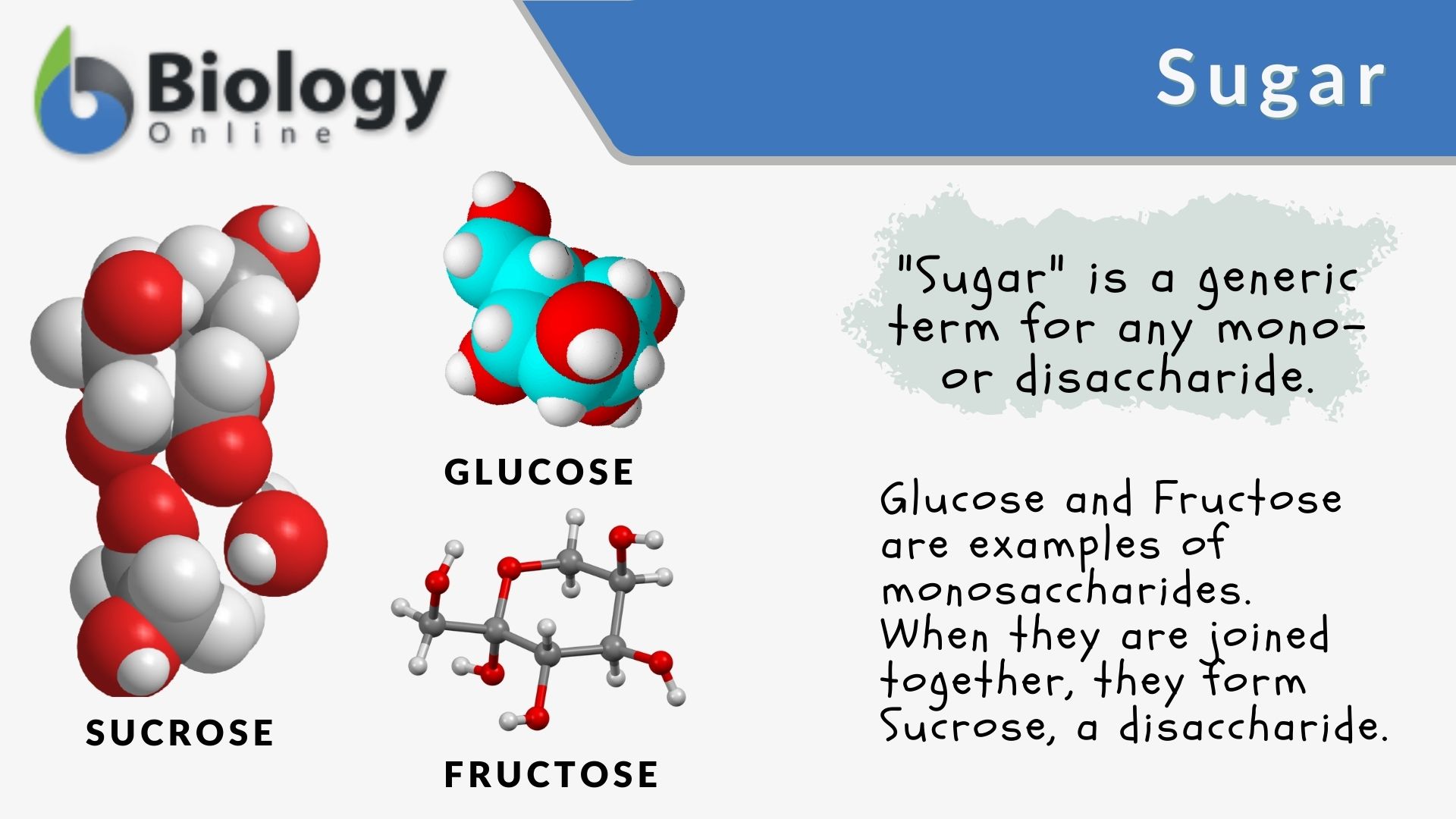



Sugar Definition And Examples Biology Online Dictionary
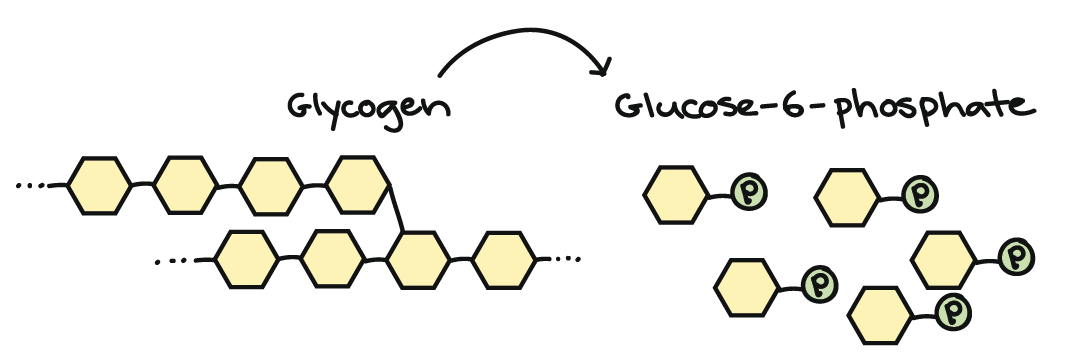



Connections Between Cellular Respiration And Other Pathways Article Khan Academy




The Carbohydrates Sugar Starch And Fiber Module Ppt Download



Digestion And Absorption Of Carbohydrates Human Nutrition Deprecated



1
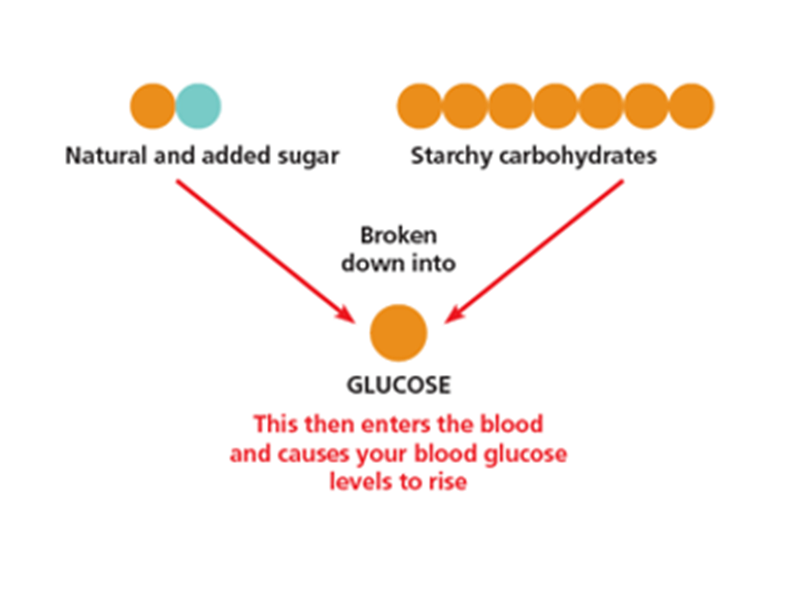



Understanding Carbohydrates Know Diabetes
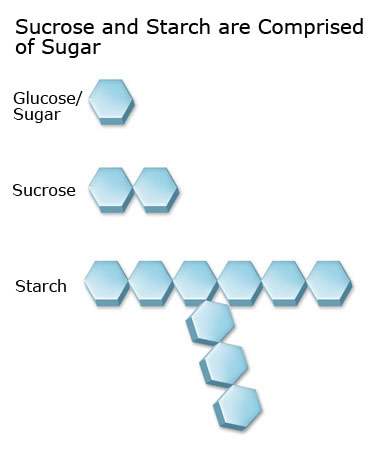



Understanding Carbohydrates Diabetes Education Online




7 6a Connecting Other Sugars To Glucose Metabolism Biology Libretexts



Carbohydrates
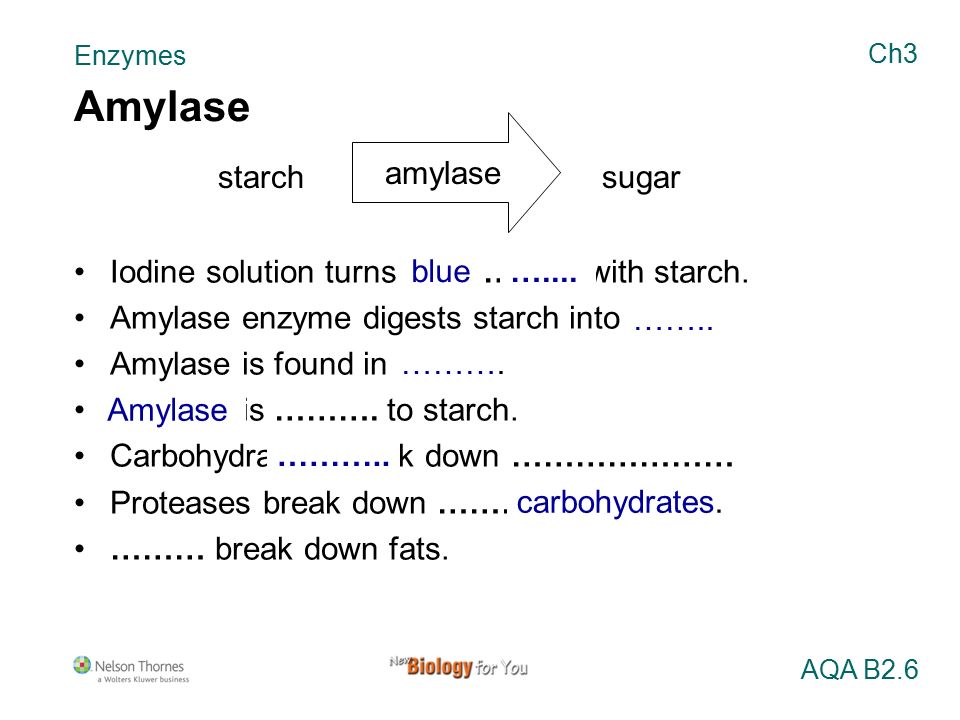



Enzymes 1 Specific 2 Carbohydrates 3 Starch 4 Protease 5 Break Down Ppt Download




Know Your Complex Simple And Refined Carbs




Peachjar Flyers




Carbohydrate Definition Classification Examples Britannica



Carbs The Whole Truth Just A Pinch Recipes




Carbohydrates Sugars Biochemistry Youtube
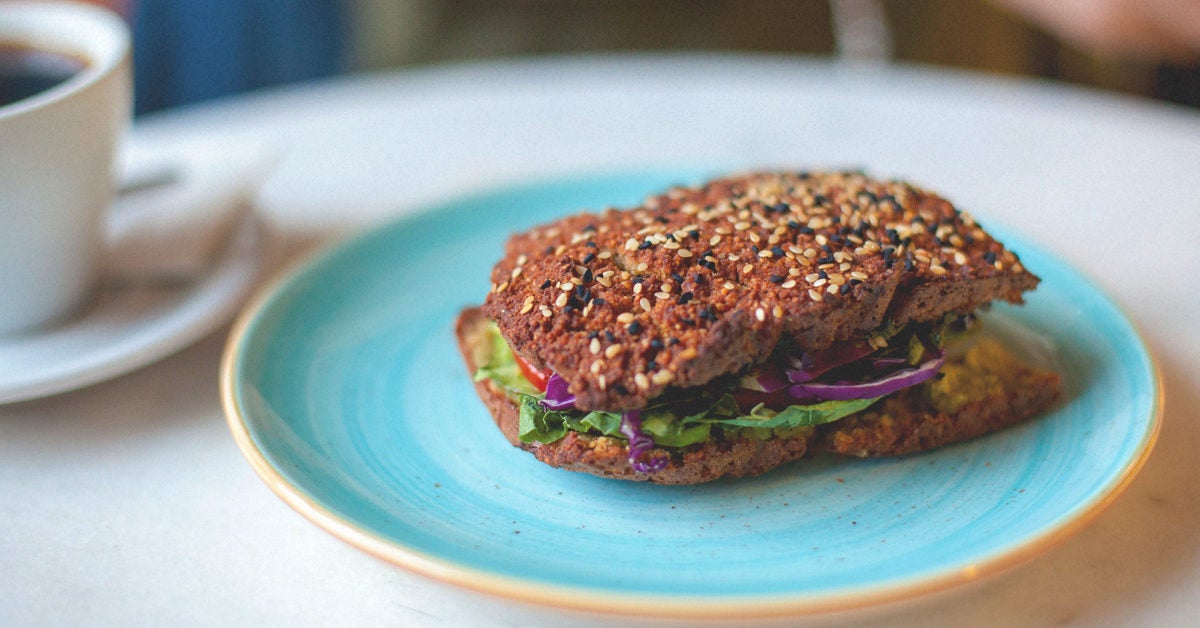



Carbohydrate Digestion Absorption Enzymes Process And More




Digestive System Processes Biology For Majors Ii
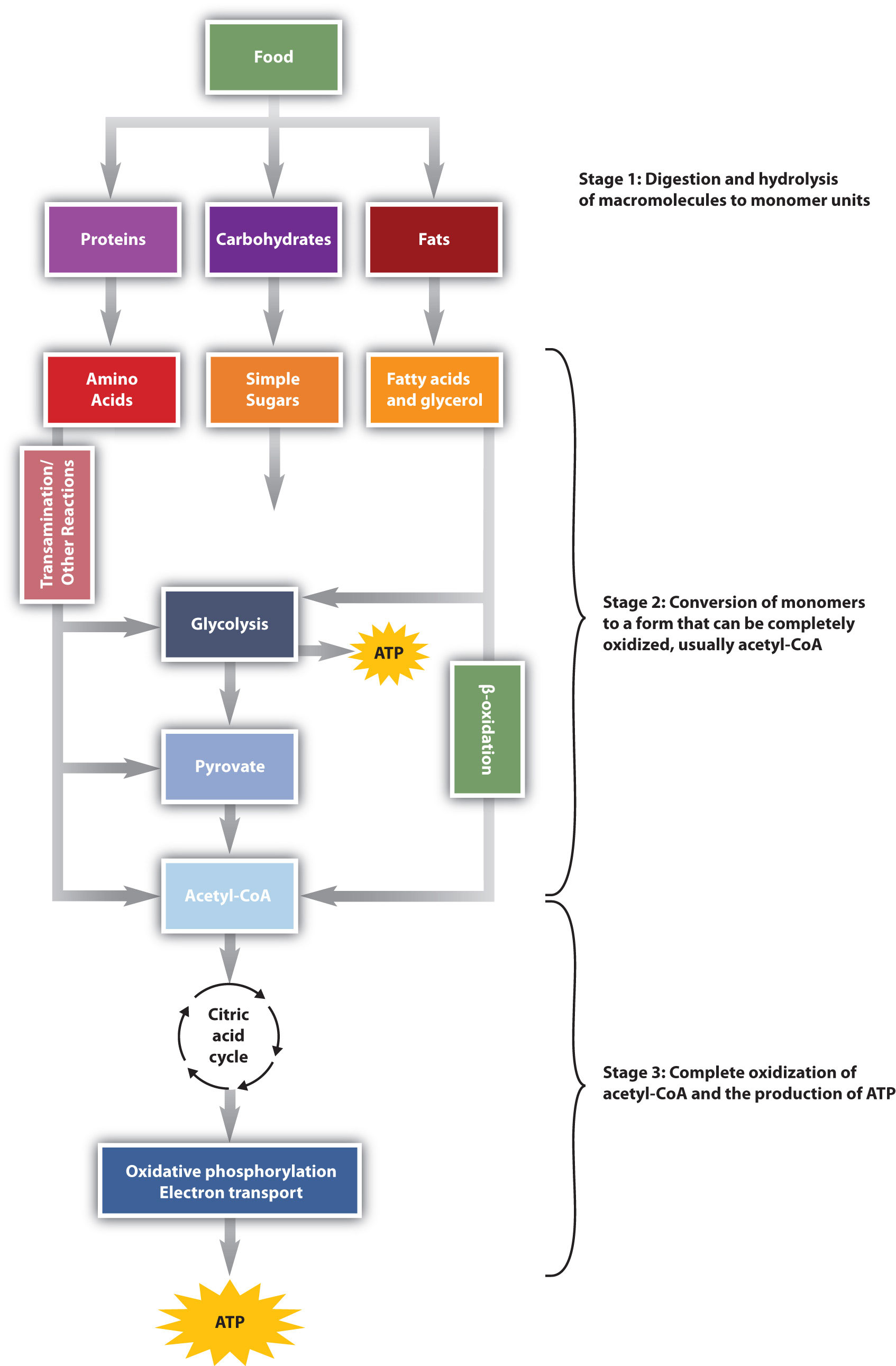



2 Stage I Of Catabolism Chemistry Libretexts
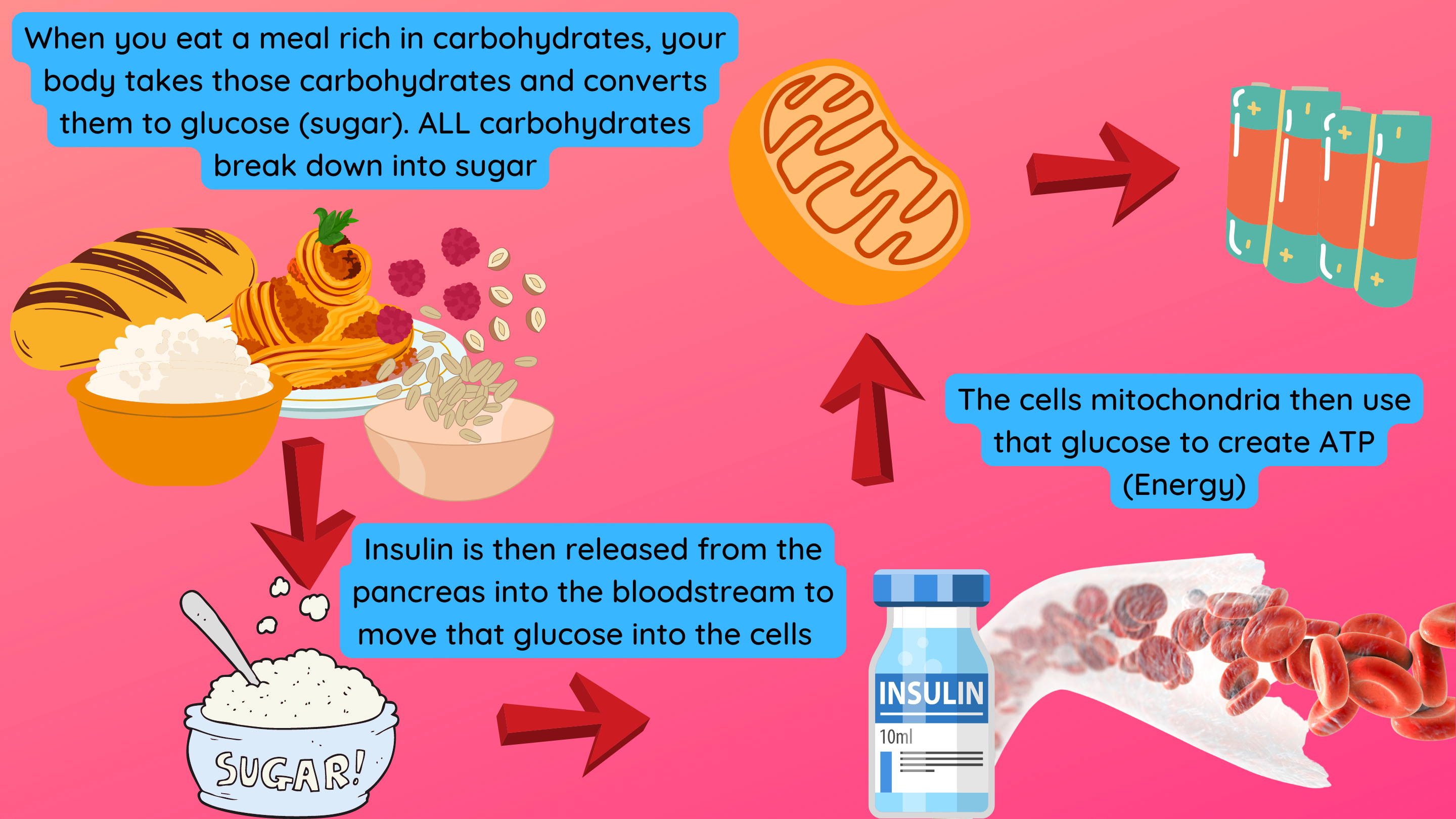



Fat Loss Keto Pro Shop




Leanfitlina Carbohydrates The Commonly Feared Macronutrients Carbs Are Our Bodies Primary Source Of Energy Carbs Helps To Maintain A Healthy Blood Sugar Carbs Fibre Keeps Stomachs Full And Healthy



Carbohydrates




Science Storyboard Storyboard By 18hayerg




Carbohydrate Digestion And Absorption Carbohydrate Metabolism Youtube




Digestion Of Carbohydrates




What Are Carbohydrates Benefits Functions Best Sources Diets More Everyday Health
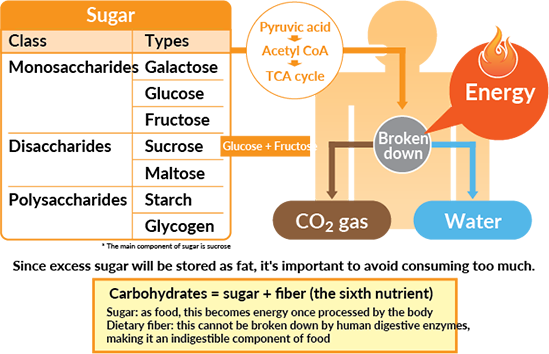



Carbohydrates An Efficient Energy Source Otsuka Pharmaceutical Co Ltd




Avoid The Sugar Crash Like The Nevermind Earth Fed Muscle




What Are The Key Functions Of Carbohydrates




Carbohydrate Wikipedia



Types Of Carbohydrates
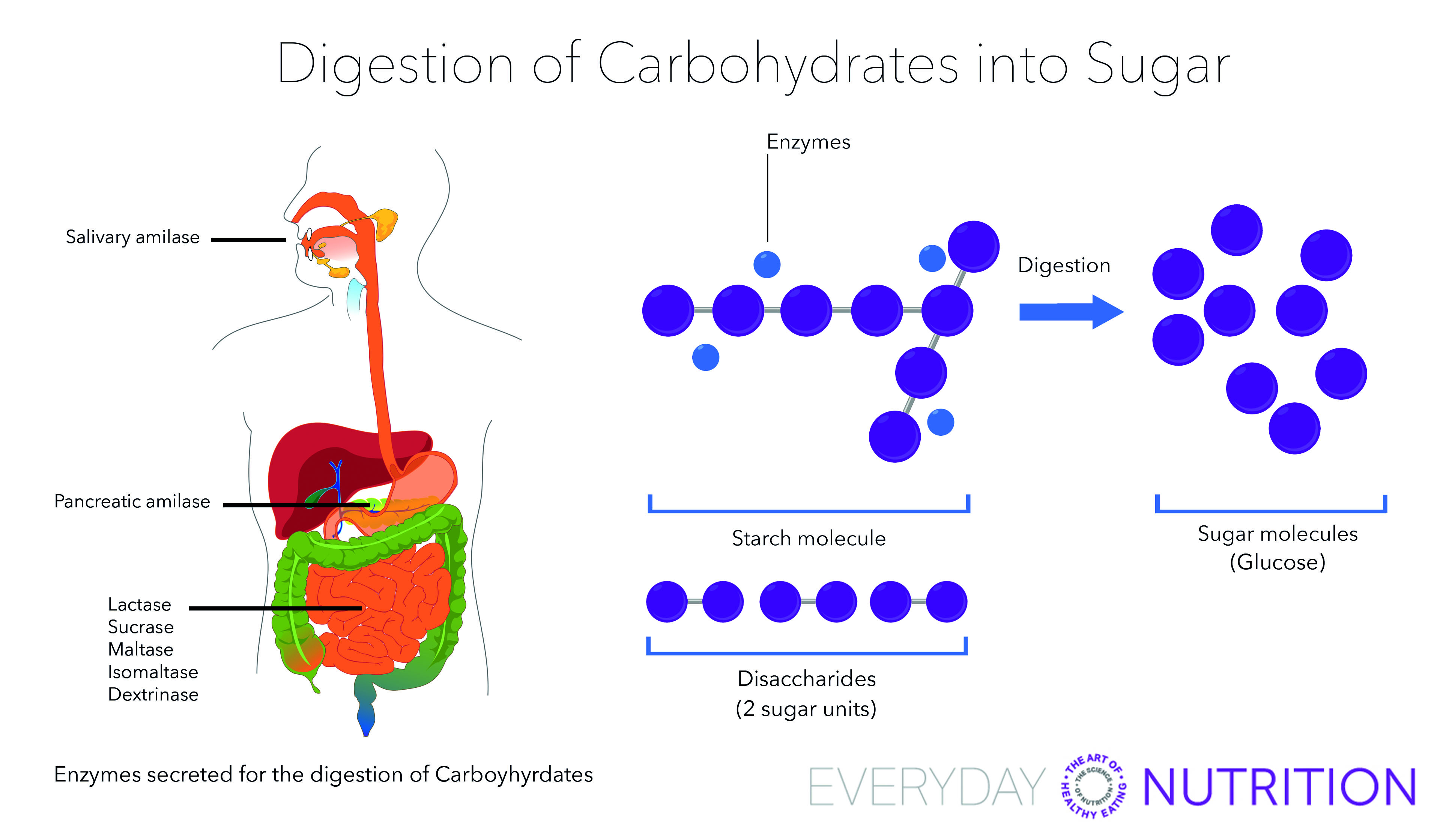



Everyday Nutrition Digestion Of Carbohydrates Into Sugar



Digestion And Absorption Of Carbohydrates




Now On To The 3rd And Last Fitness And Health Facebook




Reversing Diabetes 101 With Dr Sarah Hallberg The Truth About Carbs Blood Sugar And Reversing Type 2 Diabetes




Carbs 101
:max_bytes(150000):strip_icc()/simple-and-complex-carbohydrates-and-diabetes-1087570-ADD-FINAL-V2-d27e373ab541449ba70bb26ff5f7cf71.png)



What To Know About Simple Vs Complex Carbohydrates



2




What Is The Ketogenic Diet And Is It Just A Fad Keto For Mamas




What Types Of Carbohydrates Turn To Sugar



2
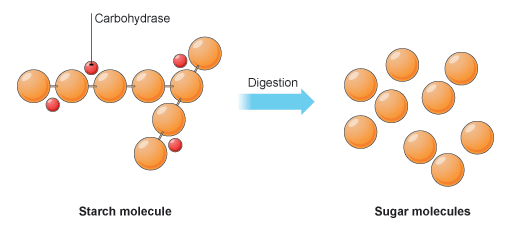



Starch Digestion Grade 9 Understanding For Igcse Biology 2 29 Pmg Biology




Carbohydrates And Weight Loss What The Research Says Health Guide
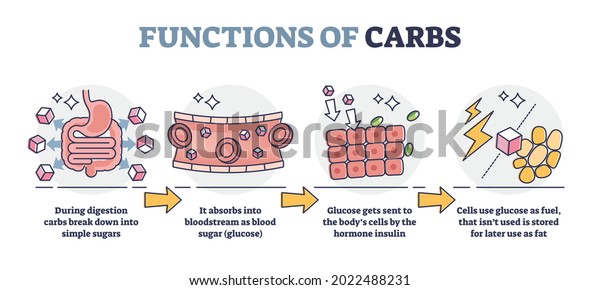



Functions Carbs Carbohydrates Digestive System Outline Stock Vector Royalty Free 2241
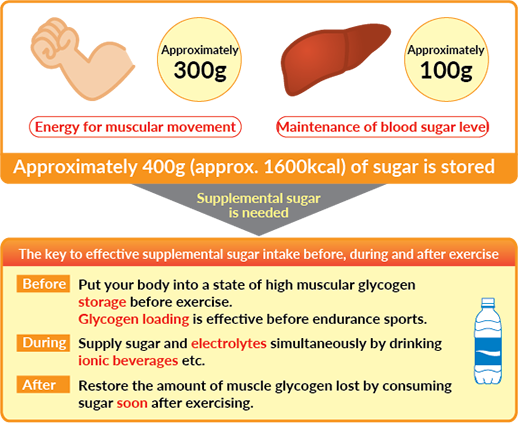



Carbohydrates An Efficient Energy Source Otsuka Pharmaceutical Co Ltd



Differences Between Sugar And Starch Difference Between



1
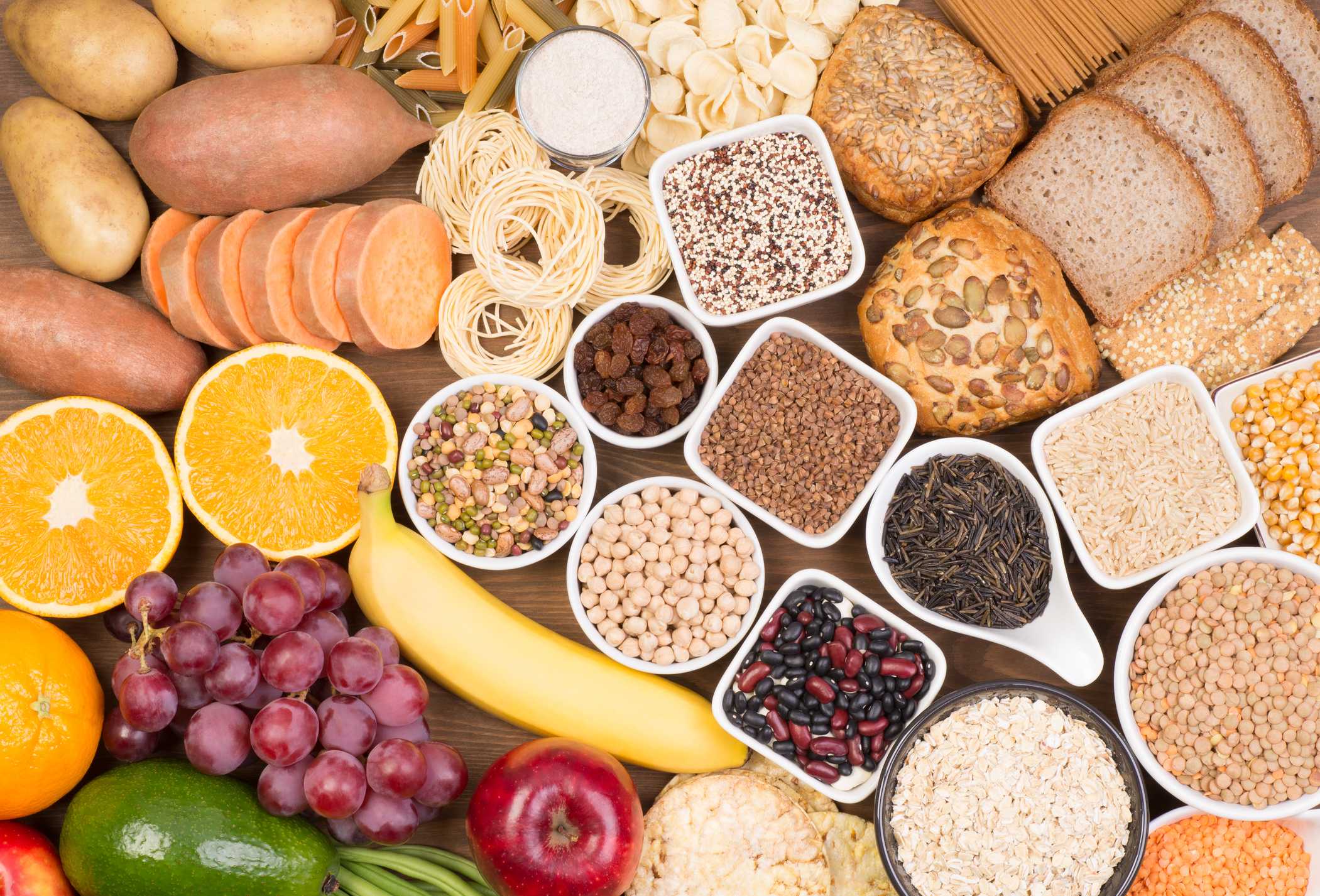



Simple Vs Complex Carbohydrates Difference Between Simple Sugars And Starches



Phase 2 Carb Controller Carb Blocker White Kidney Bean Extract




Carbohydrate Digestion And Absorption The Canadian Sugar Institute




Where Does Our Body Get Its Energy From




The Saliva Breaks Down The Starch Into Sugar True Or False Brainly In



Chemical Digestion Boundless Anatomy And Physiology
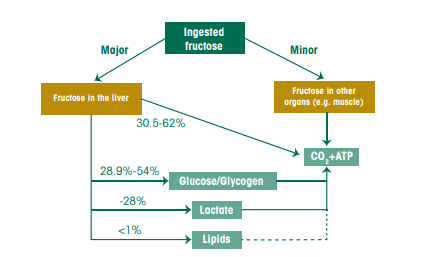



Carbohydrate Digestion And Absorption The Canadian Sugar Institute
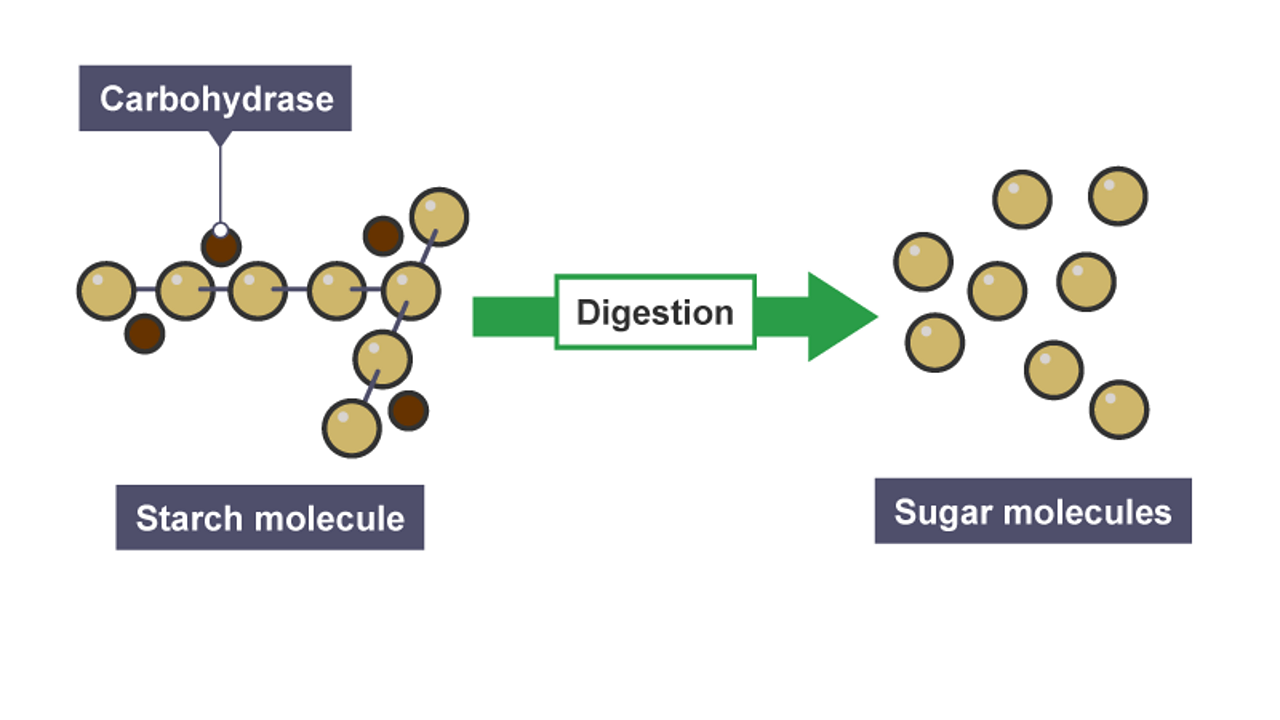



Digestive Enzymes And Absorption Nutrition Digestion And Excretion Ks3 Biology c Bitesize c Bitesize




Carbohydrate Their Types And Sources Carbohydrates Youtube



0 件のコメント:
コメントを投稿